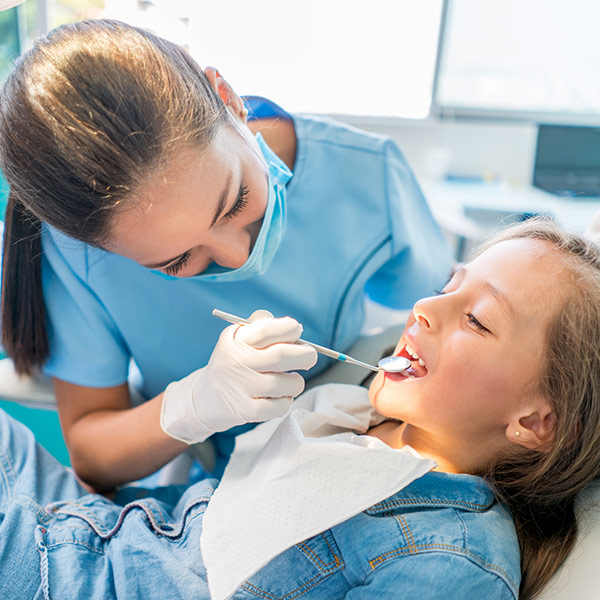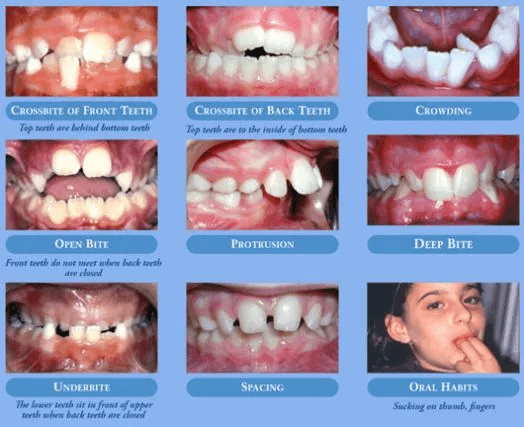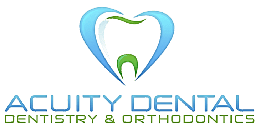Orthodontic Problems
The Right Time for an Orthodontic Check-Up: No Later Than Age 7
The American Association of Orthodontists recommends all children get a check-up with an orthodontic specialist no later than age 7.

Here’s Why
Orthodontists can spot subtle problems with jaw growth and emerging teeth while some baby teeth are still present.
While your child’s teeth may appear to be straight, there could be a problem that only an orthodontist can detect.
A check-up may reveal that your child’s bite is fine. Or, the orthodontist may identify a developing problem but recommend monitoring the child’s growth and development, and then, if indicated, begin treatment at the appropriate time for the child. In other cases, the orthodontist might find a problem that can benefit from early treatment.
Early treatment may prevent or intercept more serious problems from developing and may make treatment at a later age shorter and less complicated. In some cases, the orthodontist will be able to achieve results that may not be possible once the face and jaws have finished growing.
Early Treatment May Give Your Orthodontist the Chance To
- Guide jaw growth
- Lower the risk of trauma to protruded front teeth
- Correct harmful oral habits
- Improve appearance
- Guide permanent teeth into a more favorable position
- Create a more pleasing arrangement of teeth, lips, and face
- Through an early orthodontic evaluation, you’ll be giving your child the best opportunity for a healthy, beautiful smile
If your child is older than 7, it’s certainly not too late for a check-up. Because patients differ in both physiological development and treatment needs, the orthodontist’s goal is to provide each patient with the most appropriate treatment at the most appropriate time.
Problems to Watch for in Growing Children
Malocclusions (“bad bites”) like those illustrated below, may benefit from early diagnosis and referral to an orthodontic specialist for a full evaluation.

In addition, if you notice any of the following in your child, check with your orthodontist:
- Early or late loss of baby teeth
- Difficulty in chewing or biting
- Mouth breathing
- Jaws that shift or make sounds
- Speech difficulties
- Biting the cheek or the roof of the mouth
- Facial imbalance
- Grinding or clenching of the teeth
Final treatment decisions should be made by the parent, child’s dentist, an orthodontist.
Visit the “About Orthodontics” section of the American Association of Orthodontists Web site at www.braces.org. The American Association of Orthodontists Recommends Treatment for Adults, When Appropriate, in Conjunction with Regular Dental Care
Some of the reasons correction of orthodontic problems is important to adults:
- Can help prevent or improve periodontal problems
- Can help prevent or reduce further bone loss around teeth
- Improves the ability of the dentist to restore missing teeth
- Improves aesthetics for a better smile and facial appearance
- Improves function of teeth
- Improves self-confidence and self-esteem
- Improves oral health
By working together, the dental team can achieve results for patients that cannot be produced alone.
Final treatment decisions should be made in consultation with the family dentist, the orthodontist, and other specialists, if necessary.
